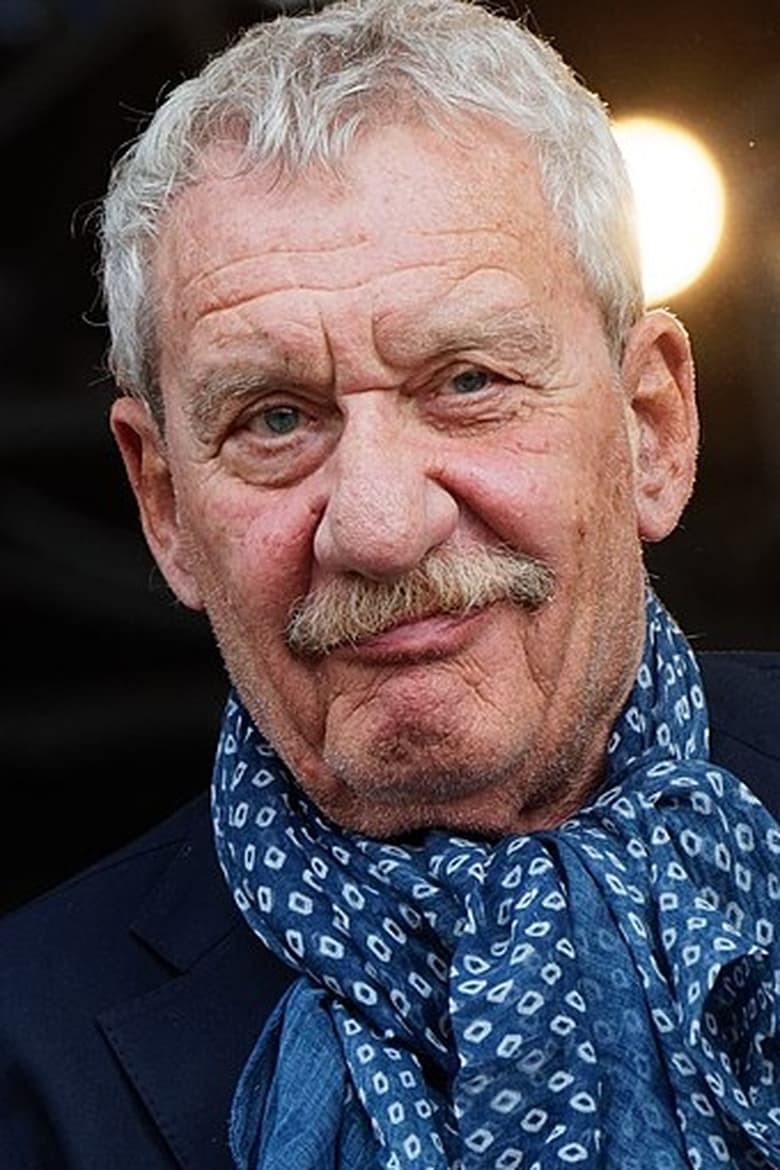
Paolo Conte
1937-01-06
Biography
Paolo Conte (born 6 January 1937) is an Italian singer, pianist, songwriter and lawyer known for his distinctly grainy, resonant voice. His compositions fuse Italian and Mediterranean sounds with jazz, boogie and elements of the French chanson and Latin-American rhythms. Conte was born in Asti, Piedmont. His parents were avid jazz fans and Conte and his younger brother Giorgio spent their formative years listening to a lot of early jazz and blues recordings. After obtaining a law degree at the University of Parma, Conte started working as an assistant solicitor with his father, simultaneously pursuing his musical studies. He learned to play the trombone, the vibraphone and the piano, and formed a jazz band with his brother on guitar. Conte's skill for composing music and original arrangements was noted by music producer Lilli Greco, who paired Conte with lyricist Vito Pallavicini. They wrote songs for Adriano Celentano ("Azzurro", 1968), Caterina Caselli ("Insieme a te non ci sto più", 1968), Fausto Leali ("Deborah", 1968) and Enzo Jannacci ("Messico e nuvole", 1970). In 1974 Conte recorded his first album, Paolo Conte. The following year, he released another eponymous album. Following a series of well-received shows at Club Tenco in Sanremo in 1976 and the commercial success of his third album, 'Un gelato al limon', Conte concentrated almost exclusively on his solo career. Some of Conte's most popular songs have been used as film soundtracks, including "Come Di" in I Am David (2003) and Mickey Blue Eyes (1999), "Via con me" in French Kiss (1995), Mostly Martha (2001) and Welcome to Collinwood (2002). In addition, Conte's song "L’orchestrina" is featured during the end credits for episodes 3 and 4 of the television series The New Pope (2020). In 1997 Conte won the Nastro d'Argento for Best Score for the film La freccia azzurra. On 24 March 1999, Conte was awarded the Knight Grand Cross of the Order of Merit of the Italian Republic, by President Giorgio Napolitano for his "outstanding cultural achievements". On 15 May 2001, France ordered Paolo Conte Chevalier dans l'Ordre des Arts et des Lettres. In 2015, Conte was awarded the Premio Galileo for contemporary music in Padua. Conte has also received several honorary doctorates, including one from the University of Macerata (1990). Source: Article "Paolo Conte" from Wikipedia in English, licensed under CC-BY-SA 3.0.
Also appears in
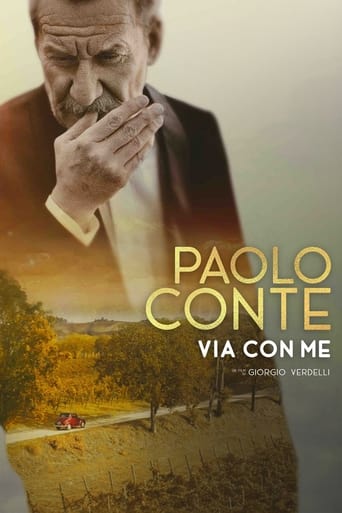
Paolo Conte, Come Away with Me
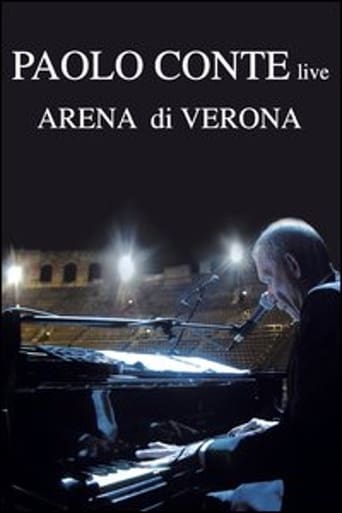
Paolo Conte - Arena Di Verona
10.0
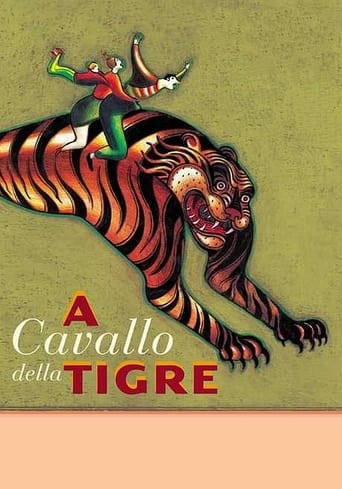
A cavallo della tigre
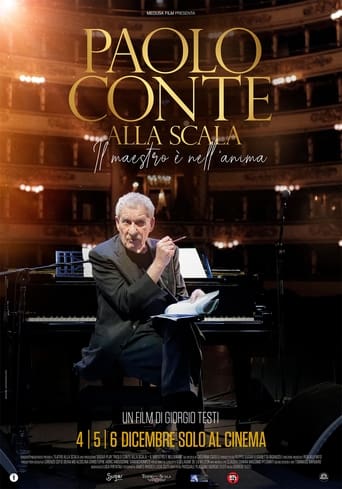
Paolo Conte alla Scala - Il maestro è nell’anima
10.0
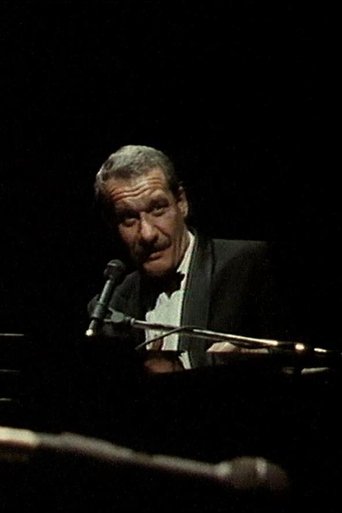
Wenn ich dieses Leben nicht hätte, würde ich sterben: Paolo Conte
Not yet rated

Fra la via Emilia e il West
Not yet rated
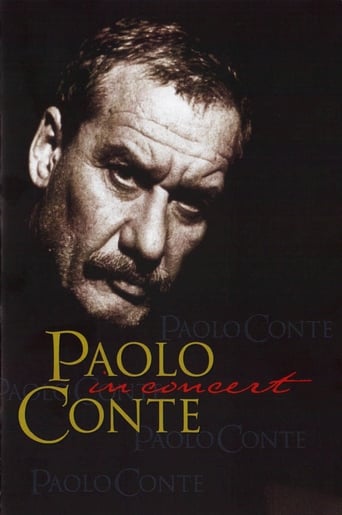
Paolo Conte - In Concert
Not yet rated